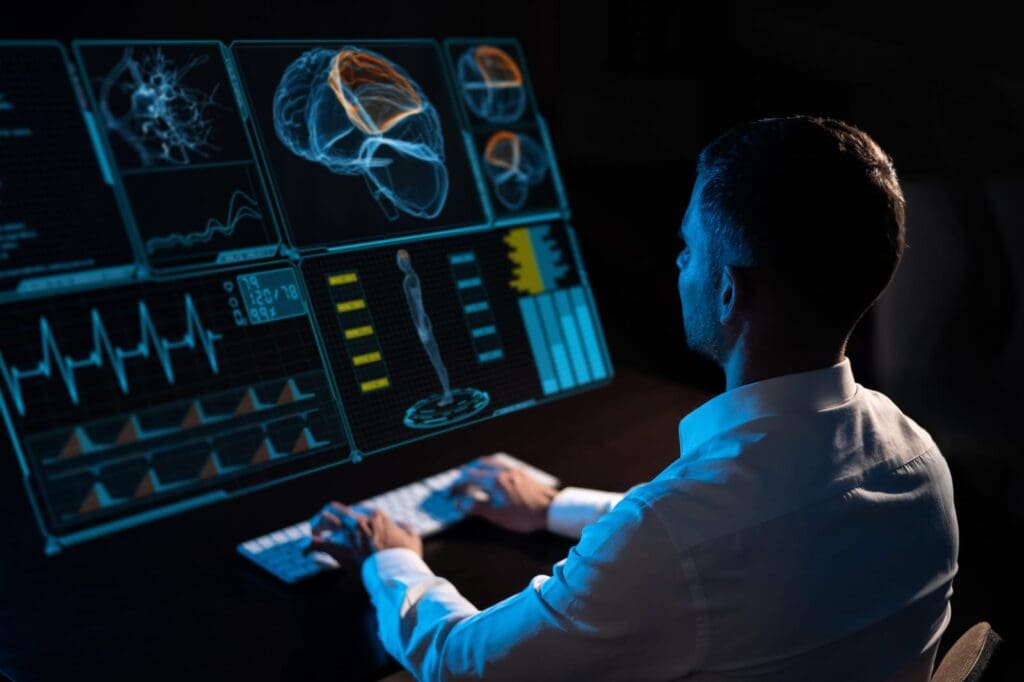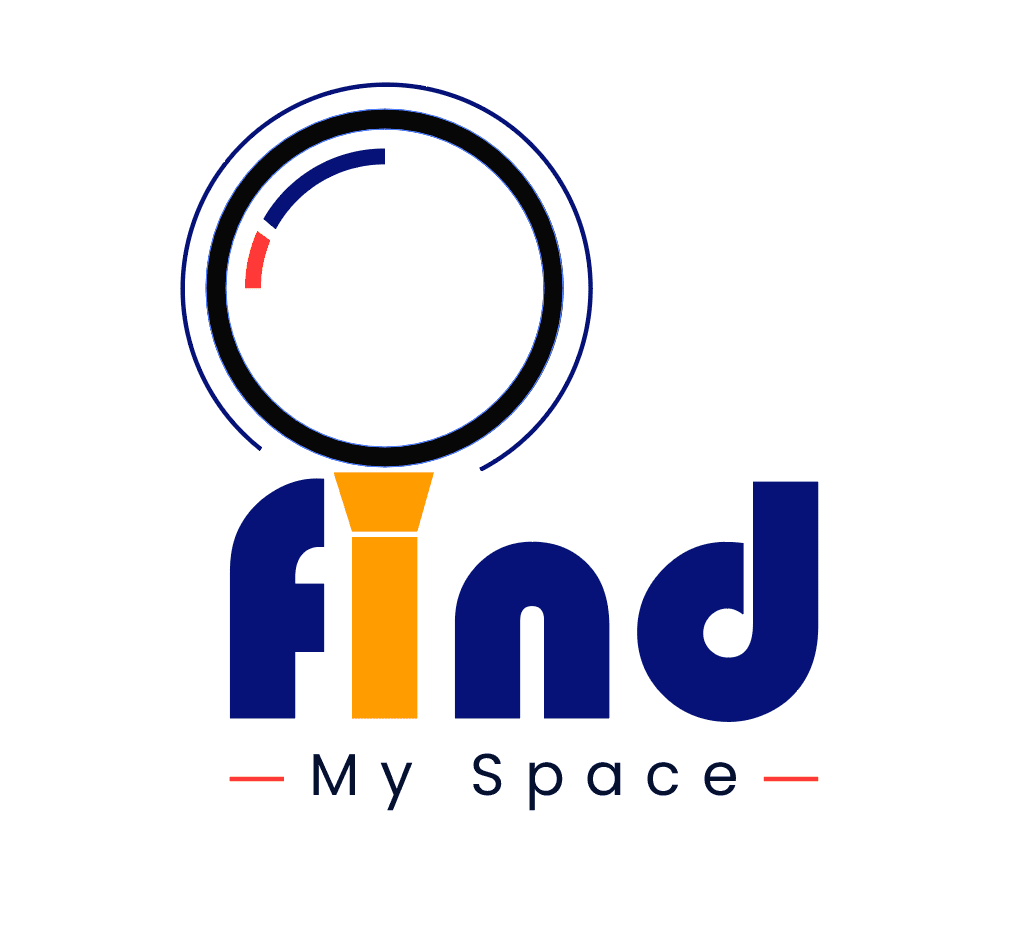Anecdotes by the previous generations will tell you that today, our jobs are changing faster than ever. That’s right, not only are they changing, they are changing rapidly. Earlier, a person could live out their entire lives earning from one type of work, before their kids’ generation came along and changed things up.
Today, the shift is happening quicker, such that people are baffled with more and more changes to their job, to the point where they begin to feel irrelevant with their current skill-set. Even for a person who is ready to learn new skills, the pace with which trends rise and fall in the 21st century is mind-boggling.
AI taking over our jobs is old news- we have accepted it, and we are already trying to adjust. But what if AI could help us create new profiles, job titles, and careers? Could advancements in artificial intelligence and machine learning create more work for humans? If yes, what kind of work would it be?
In this article, we will answer these and other questions about how AI might shape future career profiles of people. We will take the example of two professions- healthcare and software development, and look at how AI has affected these jobs, and how it could shape them in the future.
Role of AI in shaping careers

What tasks are delegated to AI?
Across several fields, there are some functions or tasks that are typically delegated to AI tools. Usually, these tasks are either manual tasks, or tasks that involve working with large amounts of data. The manual tasks may not be complex, but they could be monotonous and vulnerable to human errors, so delegating them to AI lets human workers off the hook, and also reduces chances of error.
Human processing: rules of thumb
The other kind of task is working with large amounts of data, finding patterns and making predictions. Humans, too can perform these tasks, but our judgment is often clouded by biases. Also, we process information using heuristics, i.e., using certain rules of thumb that we have learnt from past experience. They are helpful in making quick judgments, but they are not necessarily based in sound logic.
Reliable algorithms in AI
AI, instead, works on more predictable and reliable algorithms, that work on a more strictly trial and error basis. If humans were to use such methods, it would take them ages to complete a task. Thanks to the high processing speed of AI, which doesn’t even compromise on accuracy of the outcome, AI is better suited for such tasks.
AI in healthcare

Simple monitoring tools
In the healthcare industry, there are some simple monitoring tools to communicate with patients (e.g., chatbots), and to check if patients are following prescribed course of treatment (e.g., apps to record behaviour about nutrition, exercise, taking medication, etc.).
AI tools for complex decision making
Apart from these simple tools, AI is also involved in more complex tools that are related to making diagnoses and prescribing treatment. In this area, the most common scenario is application of data driven decision making in radio image analysis, retinal scanning and genomic-based precision medicine.

Davenport (2019) predicted that if AI took over jobs in the medical profession, it would mostly be jobs related to digital information, radiology and pathology. According to him, any job that involves directly talking to patients, e.g., explaining a diagnosis, asking for feedback and updates, etc., would be relatively unaffected by AI tools.
Human role in individualized care and attention
Considering the available data, it seems that the increasing presence of AI in the healthcare industry could further highlight the distinctiveness and necessity of human interaction. Few clients, especially those who are taking treatment for their mental health, would prefer explaining their problems to a machine than to a human listener.

Hence, in the future, there could be an increase in demand for assisting professionals who interact with patients, make them feel calm before a surgery, give them a pep talk when they are admitted in the hospital, etc. Moreover, there could also be more demand for counselors who give individual attention to patients, in an age where everything is reduced to automated texts and notifications.
AI auditor for ethical screening
Farhud and Zokaei (2021) have discussed the ethical implications of using AI in healthcare. That means the healthcare industry needs more professionals who can understand the intricacies of AI systems as well as ethical framework of practicing medicine.
A person who can has such interdisciplinary knowledge can help eliminate certain features in AI tools that pose a risk to patient confidentiality, threaten security of information and deprive patients of their right to information.
AI in software development
Even in software development, there are some typical categories of tasks that are delegated to AI. Most of them involve learning a principle and applying it over and over again, to complete a series of tasks.

On one hand, coders no longer have to manually work on simple tasks like writing the first draft of a code, making small updates, and do such other repeated tasks. Also, AI takes less time to finish such work.
On the other hand, developers now have more time to understand complex requirements of the client, adjust the outputs according to their preferences, align the output with a larger strategy or framework, and most important of all, give creative inputs to begin with, so that the generative AI can give outputs.
AI engineers
When it comes to AI tools, the field of software engineer is like a meta-space, in the sense that it uses software to create software! AI tools, at the end of the day, are developed by people who understand software.
Job profiles based on AI, like deep learning engineers, chatbot developers, and ethics experts, are already popping up on job search websites.
To sum up, it seems that the widespread use of AI might create more job profiles related to engagement with human stakeholders. These are the kinds of roles that require a certain wisdom about how people work and what they want- the kind that only comes from experience. Moreover, while repetitive tasks get delegated to AI, there are newer avenues for jobs that involve complex decision making!


GIPHY App Key not set. Please check settings